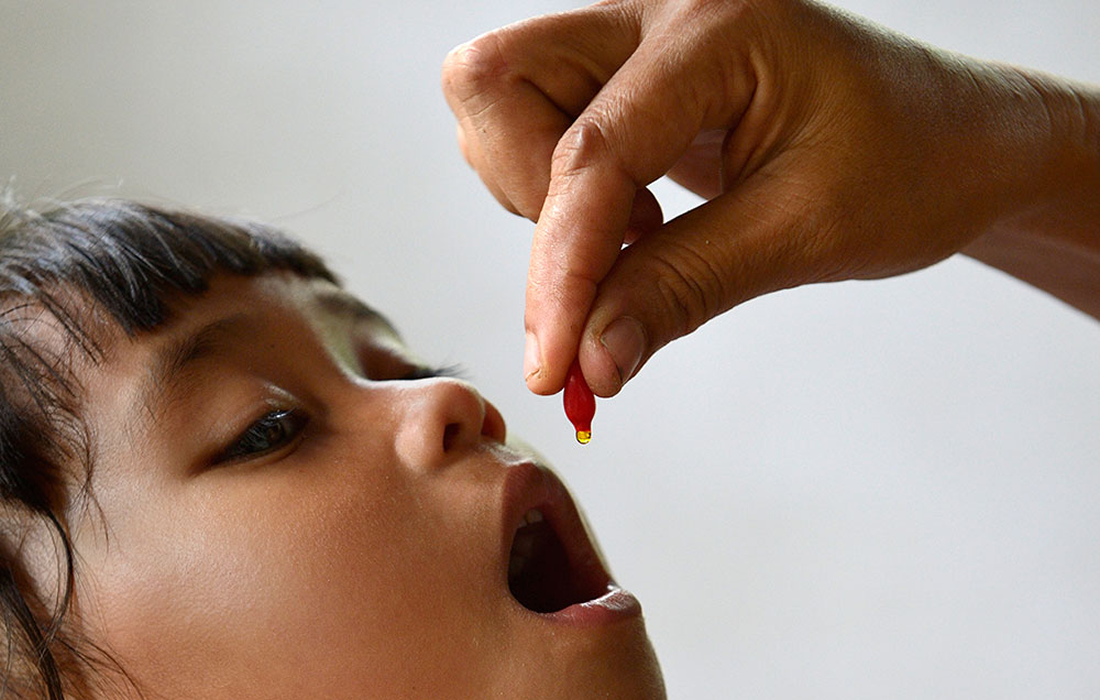Nutrition and Supplements
Vitamin A supplementation in Pregnant women
Vitamin A deficiency affects 190 million preschool-aged children and 19 million pregnant women worldwide. It is the underlying cause of 650,000 early childhood deaths and has become recognized as an important problem among women of reproductive age in many developing countries. Chronic vitamin A deficiency may increase the risks of complications and death during pregnancy and the postpartum period and, on the basis of evidence from studies in animals, may also adversely affect the embryonic and postnatal development of the offspring.
Results from animal research have since shown that vitamin A plays a key role in mediating fetal growth, morphogenesis, and maturation of multiple organ systems, including the respiratory system. Since alveolarization begins in utero at about the 36th week of gestation, maternal vitamin A deficiency during pregnancy may have lasting effects on the lung maturation of progeny.
A study published in the New England Journal of Medicine did a trial in Nepal, which consisted of 1,371 children between the ages of 9-13, whose mothers had participated in a randomized, placebo-controlled trial of vitamin A or beta-carotene supplementation before, during and after pregnancy.
Vitamin A deficiency has long been implicated in lung disease. As alveolar development occurs in utero, Checkley and his team hypothesized that vitamin A supplementation during pregnancy might help prevent pulmonary disease after birth. The researchers, therefore, performed a follow-up investigation of the children of Nepalese women who had earlier participated in the study.
The investigators found that the children of mothers who received vitamin A had better lung function (determined by spirometry as a proxy of lung size) than those whose mothers received placebo. Maternal supplementation with β-carotene had an intermediate effect on lung function.
The effects of enhanced vitamin A status early in human life extend beyond the pulmonary system. Vitamin A supplementation in early childhood prevents xerophthalmia, a condition attributable to keratinization and necrosis of the corneal epithelium. Routine administration of vitamin A strengthens host defenses against infection, which can favor child survival in undernourished populations.
This is the reason why several developing countries have programs of vitamin A supplementation. In areas like those in which there are chronic vitamin A deficiencies, maternal supplementation with vitamin A before, during and after pregnancy is critical for lung maturation and is important for communities where undernutrition is highly prevalent to make early interventions involving vitamin A supplementation.
Source:
William Checkley, et al. Maternal Vitamin A Supplementation and Lung Function in Offspring. N Engl J Med 2010; 362:1784-1794 DOI: 10.1056/NEJMoa0907441.
Heath, V. Giving vitamin A supplements to mothers has lasting benefits for their offspring. Nat Rev Endocrinol 6, 472 (2010).
Source link: https://doi.org/10.1038/nrendo.2010.109

